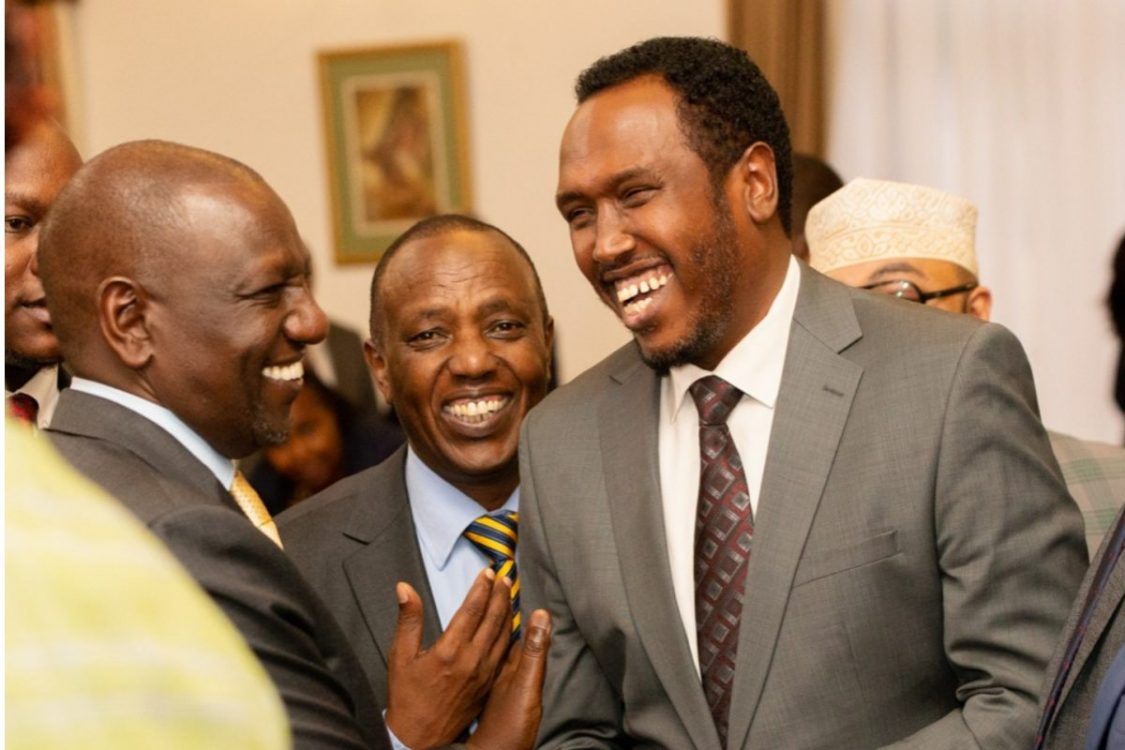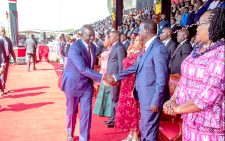Why media treated term limit story differently

A debate on the presidential term limit, ignited by Fafi MP Salah Yakub, has been raging. As the law stands today, a president can only serve a maximum of two five-year terms.
President Kibaki served two terms and vacated office. Similarly, President Uhuru Kenyatta served two terms and retired. The MP’s proposal to remove the term limit was perceived to be opening the door for President William Ruto, and his successors, to serve for more than two terms.
Some news outlets gave the story priority, but other journalists considered this treatment sensationalism arguing that Yakub was barely known beyond his Fafi neighbourhood and thus his statement did not deserve to be given such prominence.
The debate raised many questions: Is there a standard formula for news and what may or may not be splashed? Can a journalist operate in all media? The answer is negative.
Media houses are necessarily ideological. They are informed by values, backgrounds and assumptions and it is these building blocks of the media house’s frame of reference that determine what a media house will or will not consider as a news story. Throw into these ownership structures and the kind of country the media operates in for a clear picture of its news considerations to emerge.
It is this frame that makes media in different locations look at the same story differently. Liberators to some media are terrorists to others. Police brutality to some is the effective decisive response to lawlessness to others.
It is the same alignment that informs the kind of journalists that work in these newsrooms. It would be considered ideological harlotry for a journalist who has been working with a media house that is aligned to a specific philosophical persuasion e.g. rabid conservative media to simply wake up one morning and change sides, to start working for a media house with a different ideological bent e.g. left-leaning.
On this score alone it should be considered perfectly in order for Kenyan media to lead with different headlines depending on what is considered news in these newsrooms. Sometimes these different newsrooms lead with similar headlines could be attributed to the near similarity in their ideology and philosophical persuasion. But such backgrounds are not constant.
It should thus be very difficult for somebody who is not in the same newsroom while a decision is being made, to find fault with the choices that a media house, particularly one that is not a public news outlet makes. The mandate of the public media is clear and should lend itself to easy criticism.
Media are constantly changing and frames that served it well in the past may not be valid in the days following. Ownership may have changed; circumstances are constantly changing just as social values are not constant. Some journalists may change with these circumstances while others may be too rigid and are forced out.
The debate regarding the proposal to lift the term limits in Africa has a clear history and the strategies are often the same. An overly enthusiastic peripheral political player floats the idea, which soon begins to make its way to the mainstream of society. It gains currency slowly then big hitters join in with the main beneficiary remaining a mere observer sometimes even feigning a negative predisposition towards the motion. Eventually, the beneficiary succumbs to this, so to speak, popular demand, and the rest is history.
The bigger danger, however, is that the prolonged stay at the top by such leaders has seldom benefitted their countries. A leader who may have set out on a sober path soon morphs into a self-preserving one and the country becomes a mere appendage to his whims. The media thus, informed by their frame of reference, would approach these stories differently. Journalism is more art than science.
— The writer is Dean, School of Communication, Daystar University












